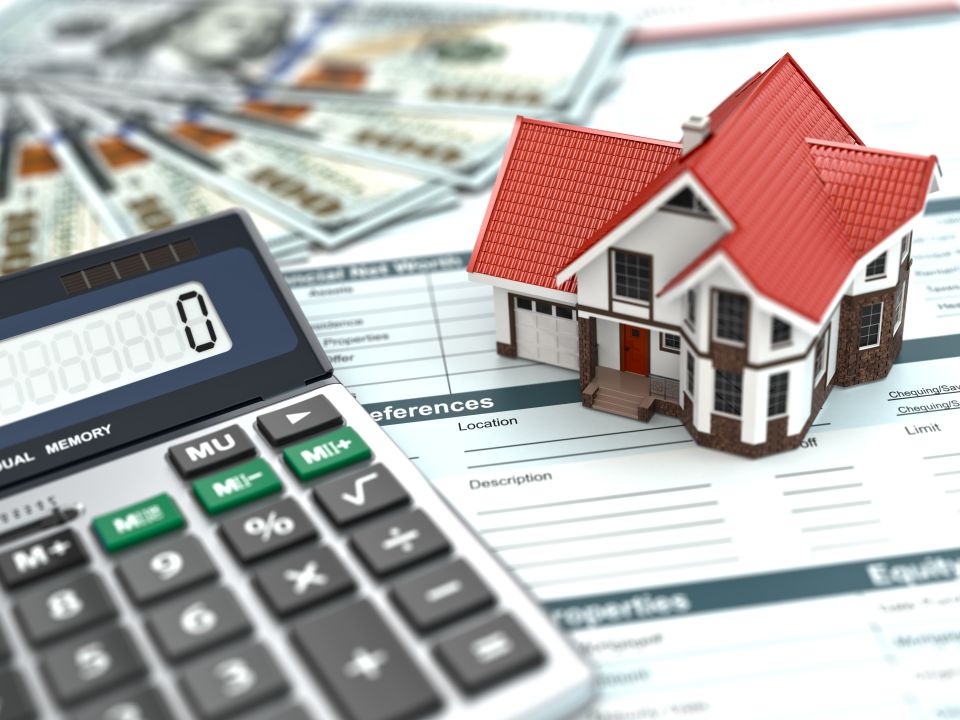There are two important criteria when calculating taxes on the sale of a house in the United States: the time you lived in it and the amount of profit you have obtained with the transaction.
The purchase and sale of any product generates a tax charge. Of course, the properties are not exempt from that. If you are in the process of selling a house in the United States, you should consider the taxes that you will have to pay, so that you are not caught off guard and measure the expected profits for this transaction very well.
If buying a house is a complicated process, selling a property is not simpler. For owners who put their property up for sale, paying taxes after the transaction is essential. Sellers must keep this situation in mind, so as not to spend all the money they received from the sale.
Generally, you must report the sale of your home on your tax return if you received a Form 1099-S or if you don’t meet the requirements to exclude the gain on the sale of your home.
Form 1099-S: Income from real estate transactions is usually issued by the real estate closing agent: a title company, real estate broker, or mortgage company.
To avoid receiving this form, and having a copy sent to the IRS, you must give the agent some assurance any time before February 15 of the year after the sale that all proceeds from the sale are tax-free.
According to Turbotax’s Intuit portal, many sellers don’t even have to worry about reporting the transaction to the Internal Revenue Service (IRS). However, it is necessary to take into account how the sale of a house is taxed, since it depends on your profit from the property.
Paying taxes on the sale of your home depends on two essential factors: how long you owned and lived in the home, and how much profit you made on the transaction.
- If you owned and lived in the place for two of the five years prior to the sale, then up to $250,000 of the proceeds are tax-free.
- If you are married filing jointly, the tax-free amount is doubled to $500,000 of earned earnings.
The law allows you to “exclude” this gain from your taxable income. However, if you sold at a loss, you cannot take a deduction for that loss.
- You can use this exclusion any time you sell a primary residence, as long as you owned and lived in it for two of the five years prior to the sale, and you have not claimed the exclusion on another home in the past two years.
- If your gain exceeds the limit of $250,000 or $500,000, as the case may be, the excess is reported as a capital gain on Schedule D of your tax return.
You can also exempt income taxes if you sell your home due to a job change, health change, or other unforeseen circumstances, such as a divorce or multiple births from a single pregnancy, even if you don’t pass the two-of-five-year tests.
Essentially, the IRS does not require the closing real estate agent to use Form 1099-S to report the sale of a home for $250,000 or less, or $500,000 or less for married couples filing a joint return in the year of sale.
Simply put, if the sale is over $250,000, or $500,000 for married couples, you can expect to pay taxes, if not, your home sale may be tax-free.

